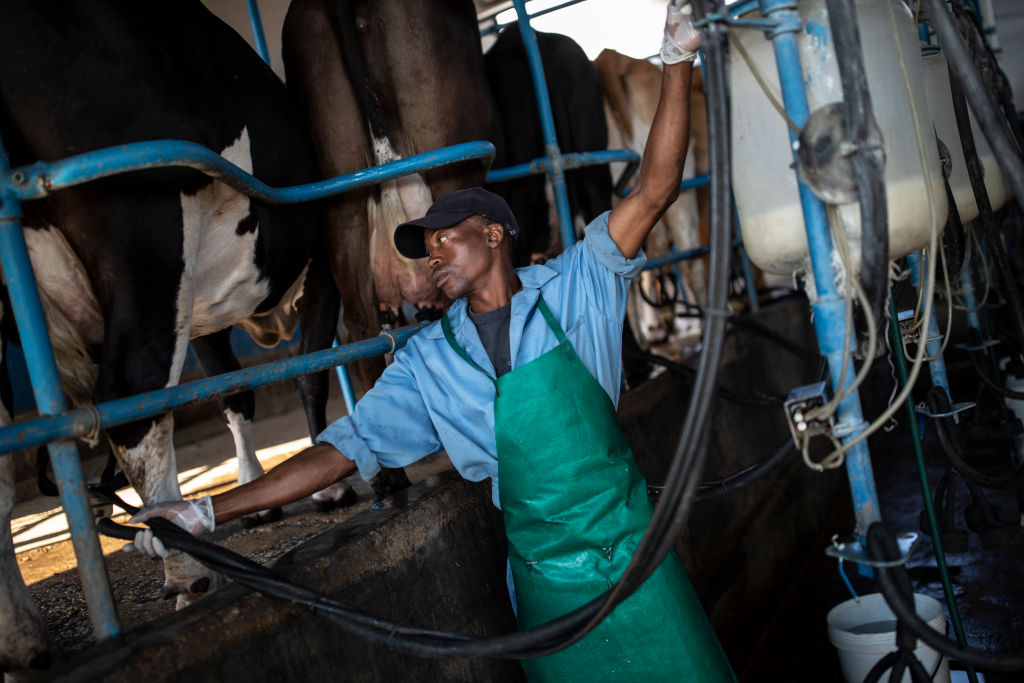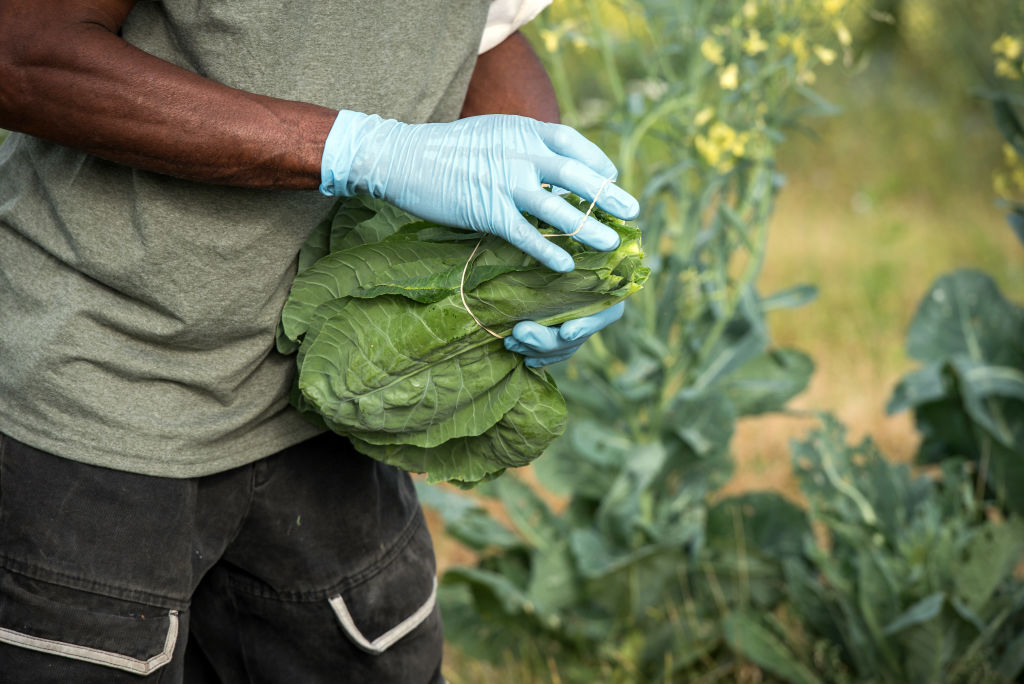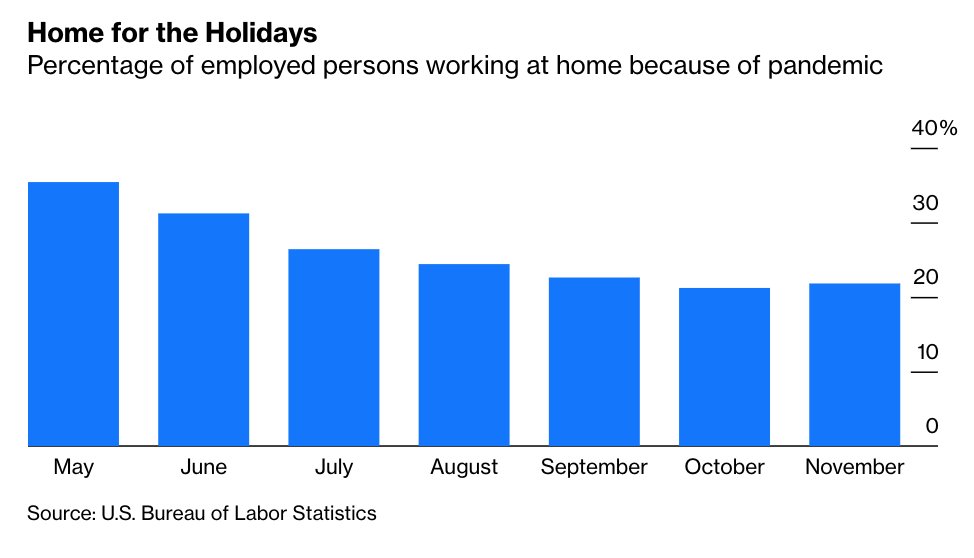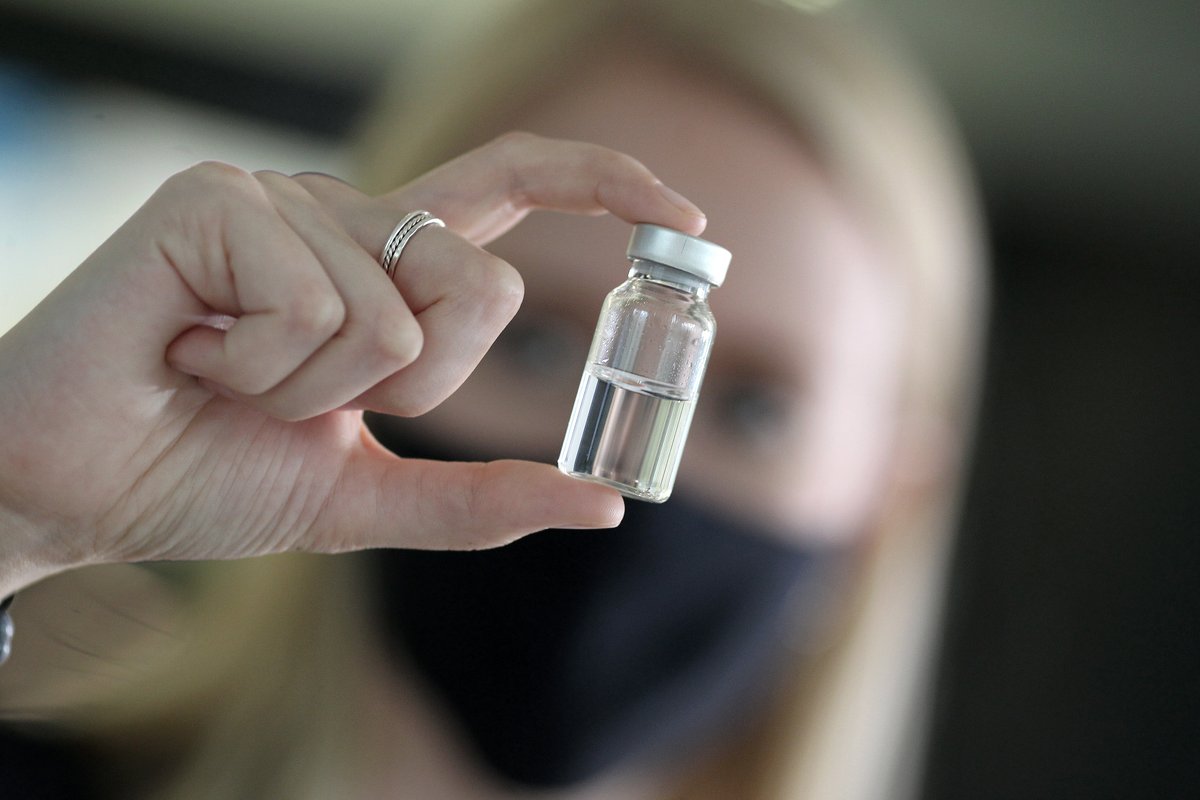
Last month, Senator Cory Booker introduced legislation to support Black farmers and encourage more African Americans to enter agriculture.
He’ll have his work cut out for him -- disparities in the U.S. agricultural economy are centuries in the making trib.al/Z1eDQIB
He’ll have his work cut out for him -- disparities in the U.S. agricultural economy are centuries in the making trib.al/Z1eDQIB
In 1920, 14.7% of American farmers were Black. Today, they represent only 1.4% while also:
➡️Earning less money
➡️Receiving less government support
➡️Occupying smaller farms on average
trib.al/Z1eDQIB
➡️Earning less money
➡️Receiving less government support
➡️Occupying smaller farms on average
trib.al/Z1eDQIB

After the Civil War, General William T. Sherman’s famous bequest, “40 acres and a mule,” was overturned by President Andrew Johnson.
The Southern Homestead Act was passed in 1866 with the goal of giving land to freed slaves, but few could take advantage trib.al/Z1eDQIB
The Southern Homestead Act was passed in 1866 with the goal of giving land to freed slaves, but few could take advantage trib.al/Z1eDQIB

Despite these obstacles, determined Black farmers had made considerable progress by the early 20th century.
Between 1890 and 1910, the number of Black farm owners in the South nearly doubled, from 113,580 to 207,815 trib.al/Z1eDQIB
Between 1890 and 1910, the number of Black farm owners in the South nearly doubled, from 113,580 to 207,815 trib.al/Z1eDQIB

Unfortunately, federal policies that boosted large farms meant small-farm owners of all races lost land between 1910 & 1997.
During that period, Black Americans lost about 90% of their farmland -- far more than if they had left at the same rate as whites trib.al/Z1eDQIB
During that period, Black Americans lost about 90% of their farmland -- far more than if they had left at the same rate as whites trib.al/Z1eDQIB

Several factors account for the harsh toll: Only 23% of Black Americans have wills, so their estates often become “heirs’ property.”
Ultimately this means the estate becomes vulnerable to developers who can use legal loopholes to acquire it trib.al/Z1eDQIB
Ultimately this means the estate becomes vulnerable to developers who can use legal loopholes to acquire it trib.al/Z1eDQIB

Another factor has been disparities in government assistance, dating back decades. @CoryBooker told @AdamMinter:
“Because of certain practices...they were ultimately cheated out of their land. It has hurt African Americans dramatically in this country” trib.al/Z1eDQIB
“Because of certain practices...they were ultimately cheated out of their land. It has hurt African Americans dramatically in this country” trib.al/Z1eDQIB

Booker’s Justice for Black Farmers Act offers a bold template for remediating such abuses, including:
➡️New system of land grants
➡️Better oversight of government farm aid
If enacted, it would make a real difference to Black farmers and their families booker.senate.gov/imo/media/doc/…
➡️New system of land grants
➡️Better oversight of government farm aid
If enacted, it would make a real difference to Black farmers and their families booker.senate.gov/imo/media/doc/…

Booker also wants to ensure African Americans play a role in farming’s future.
Since 2014, locally- and sustainably-produced food has been the fastest growing sector of U.S. agriculture. Booker’s bill could help Black farmers lead this revolution trib.al/Z1eDQIB
Since 2014, locally- and sustainably-produced food has been the fastest growing sector of U.S. agriculture. Booker’s bill could help Black farmers lead this revolution trib.al/Z1eDQIB

It authorizes the USDA to spend up to $8 billion a year acquiring land and granting it in 160-acre plots to Black farmers.
In return, the grantees must undergo training focused on “regenerating the soil, ecosystem, and local community” trib.al/Z1eDQIB
In return, the grantees must undergo training focused on “regenerating the soil, ecosystem, and local community” trib.al/Z1eDQIB

It’s an expansive vision, and one that won’t be easy to enact. Nonetheless, Booker has reasons to be optimistic.
During the 2020 campaign, President-elect Joe Biden vowed to address racial inequities in agriculture trib.al/Z1eDQIB
During the 2020 campaign, President-elect Joe Biden vowed to address racial inequities in agriculture trib.al/Z1eDQIB

• • •
Missing some Tweet in this thread? You can try to
force a refresh












